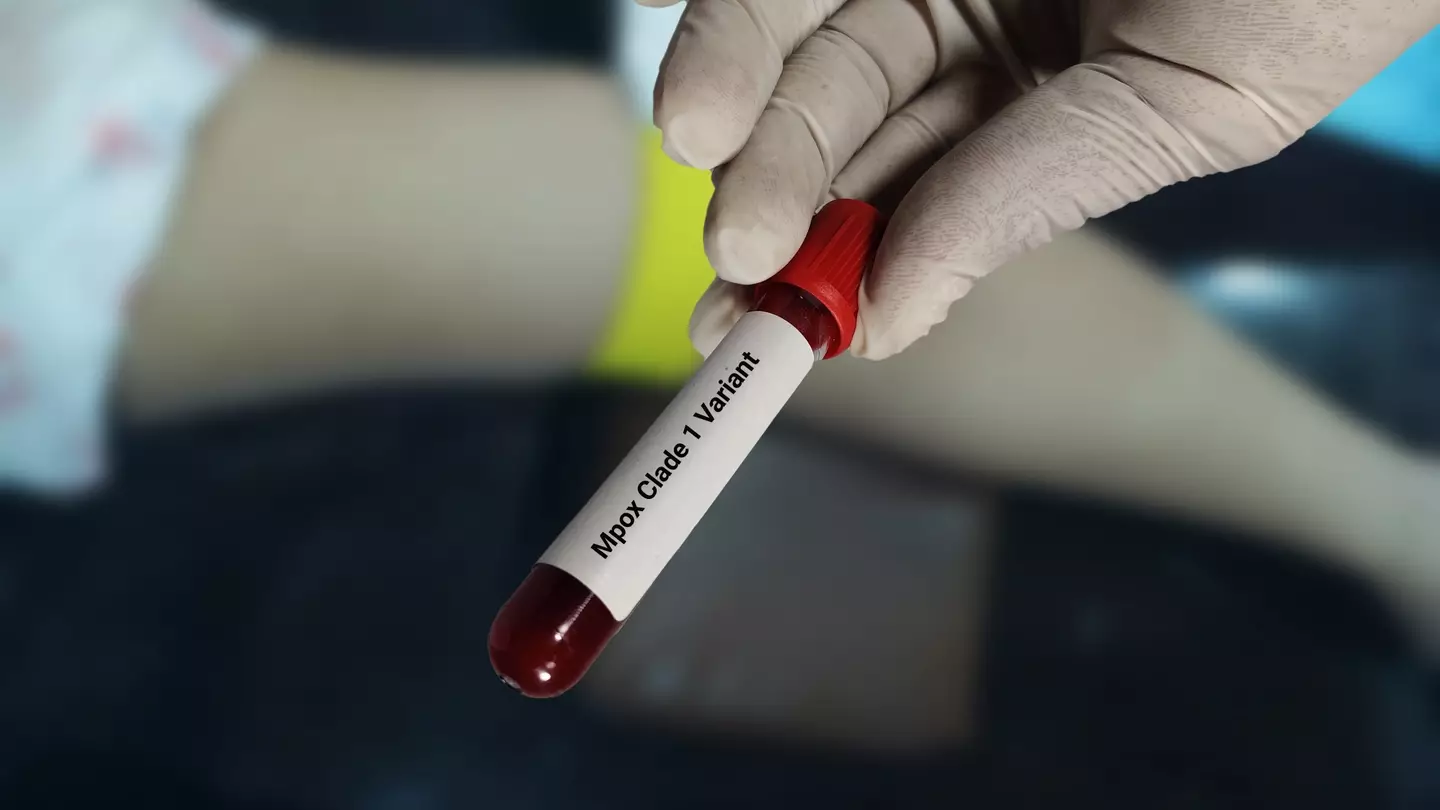
Health
Read the latest health news and articles on celebrity health updates, cancer symptoms, weight loss drugs and more.
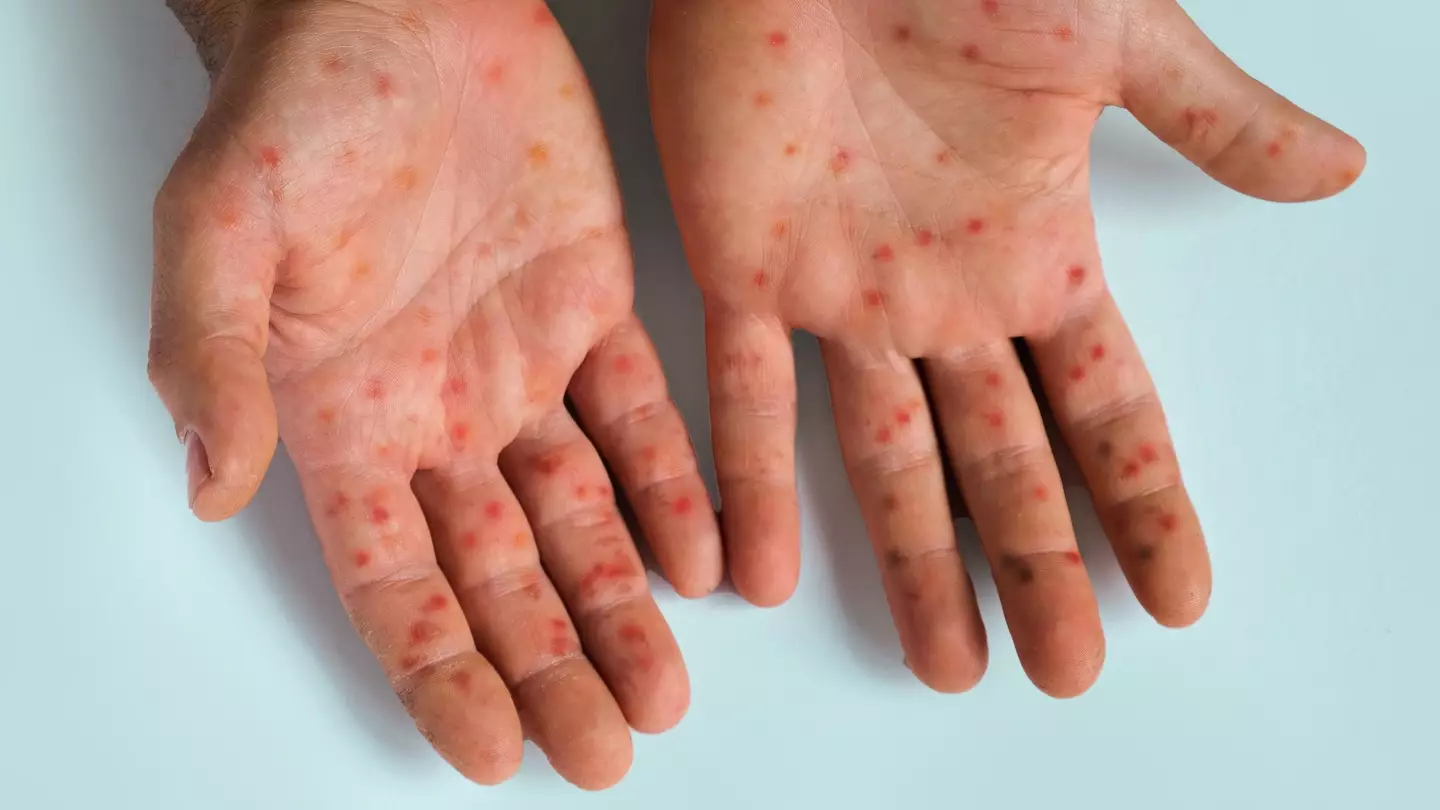
Vaccines are currently available for anybody who is at high risk of catching the virus
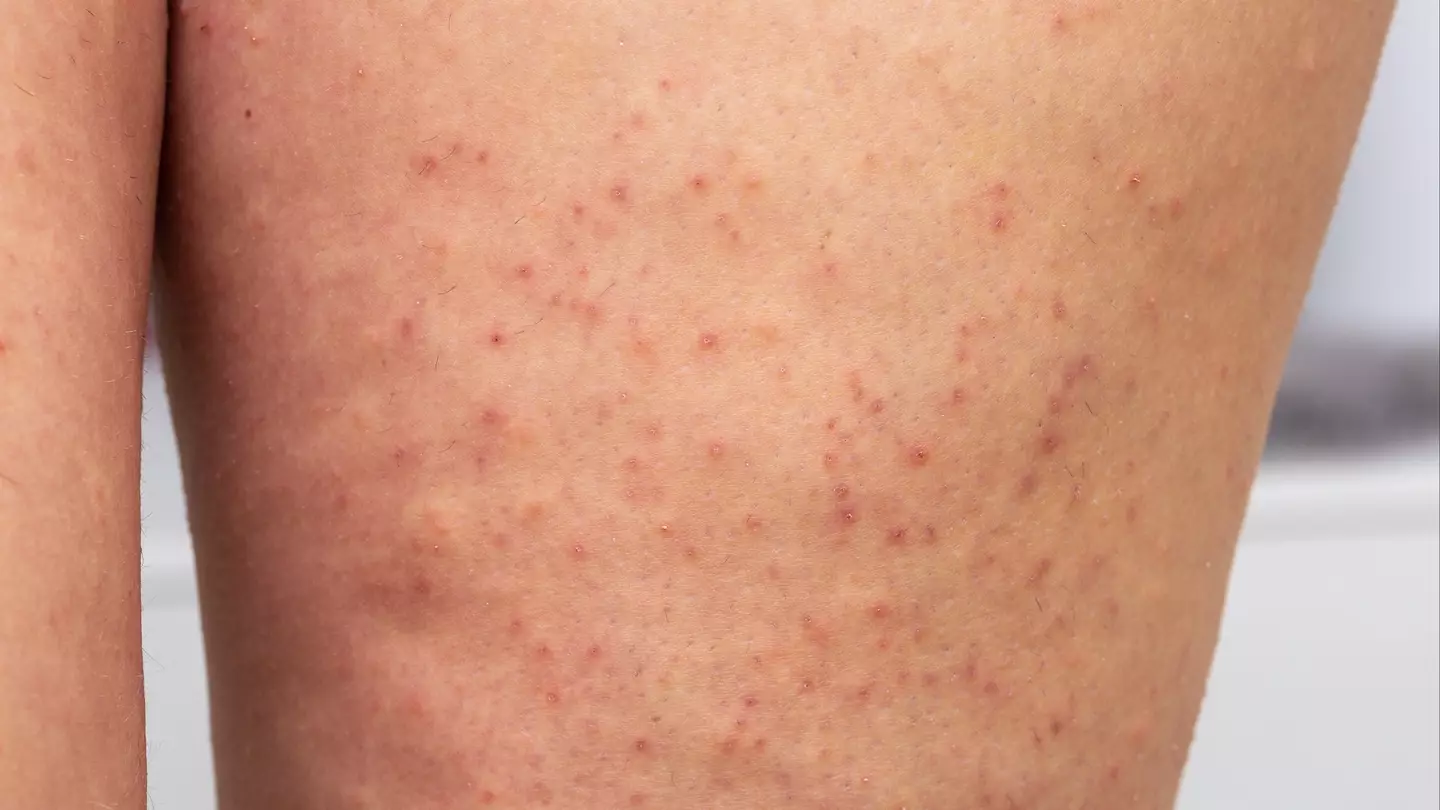
There are several causes of 'strawberry legs'

The 'Limitless pill' may have been the stuff of Hollywood, but many influencers swear they're onto something
Aaron Arman revealed why Christmas could be a risky time for those who use jabs for weight loss
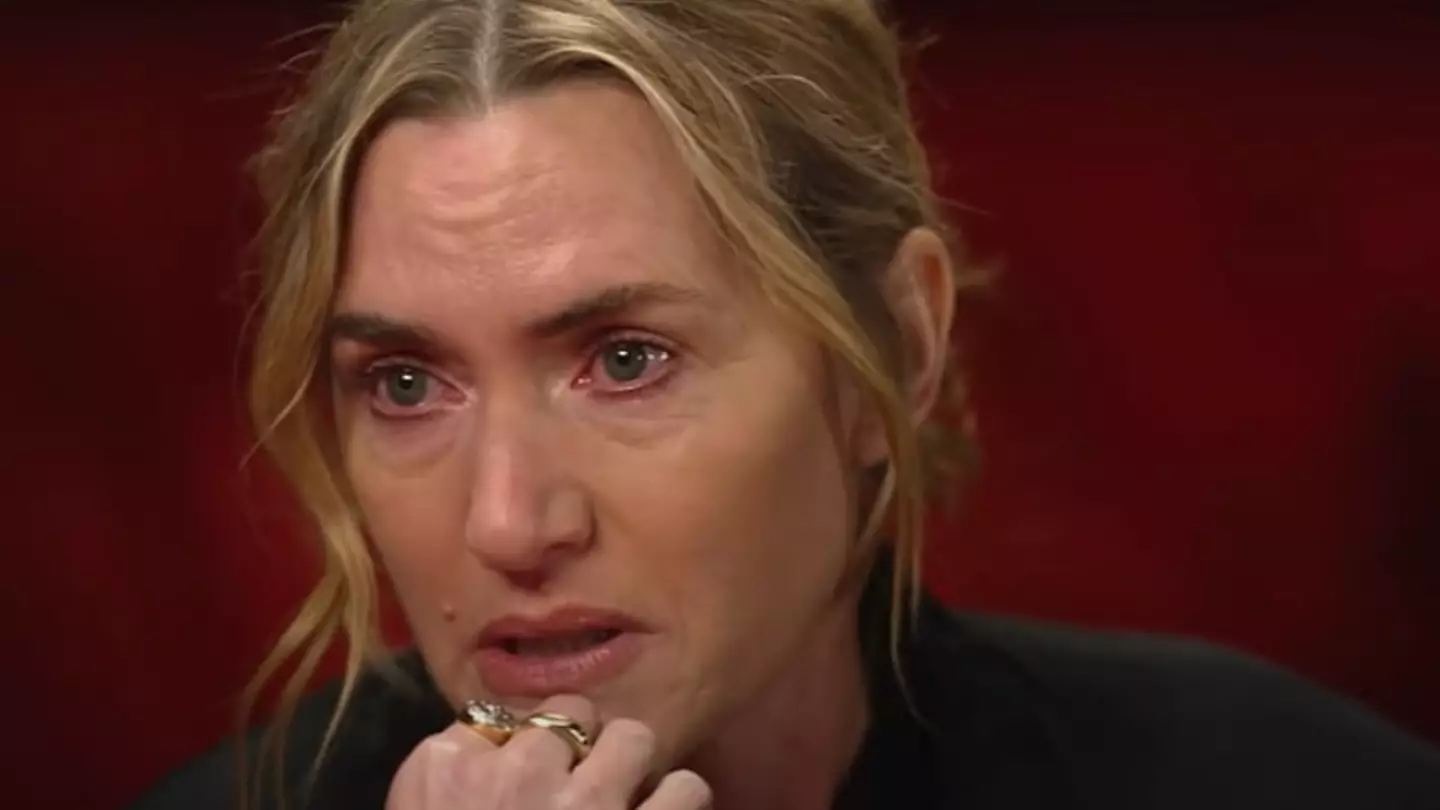
In a new interview, Winslet claimed that 'young women have no concept of what being beautiful is'

Kevin Wrench's future was changed after a text prompted him to get a specific test

Some people accused Sharon of 'hypocrisy'
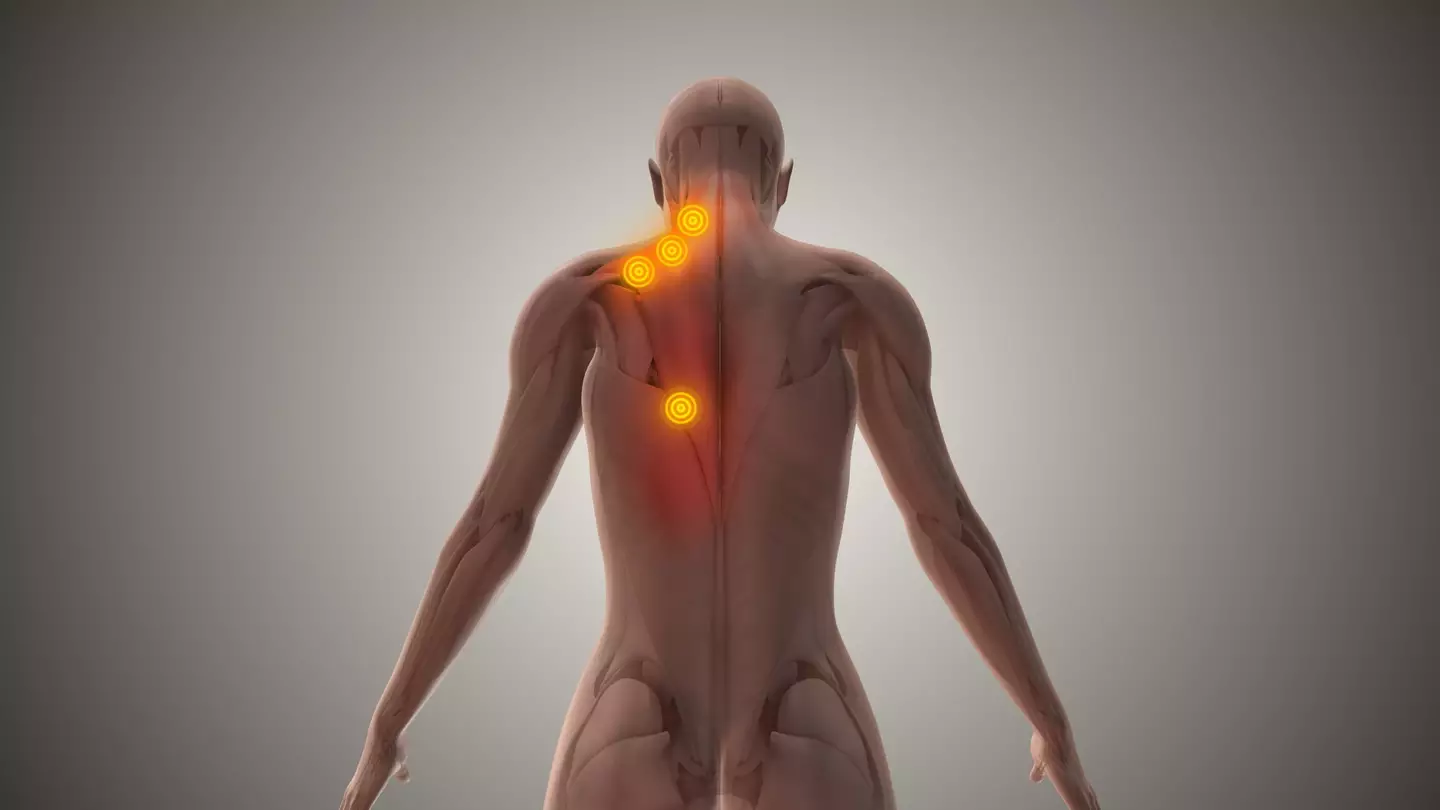
The often dubbed 'healthy' fat can help produce heat when the temperature drops

H3N2 'subclade K' developed into a type of seasonal influenza A virus via a significant 'genetic drift' over the summer months
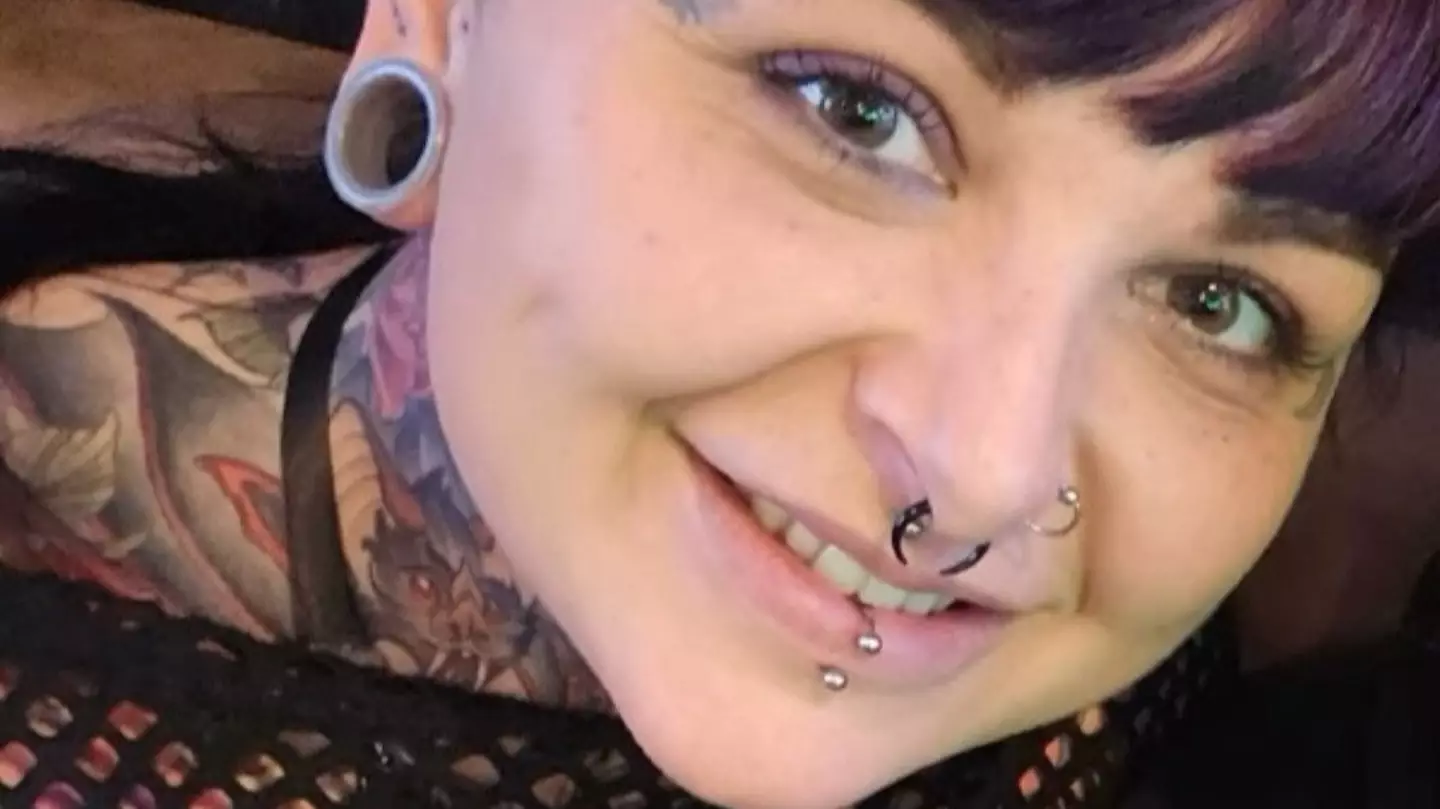
Meg Scott lost six stone when she switched diets

Below Deck star Fraser Olender was diagnosed with 'vape poisoning' after suffering a heart attack

The ten-time Grammy Award winner revealed he had been struck down by the illness in summer

The reality TV icon has been praised by fans, who claim she 'won the internet' with her blunt response
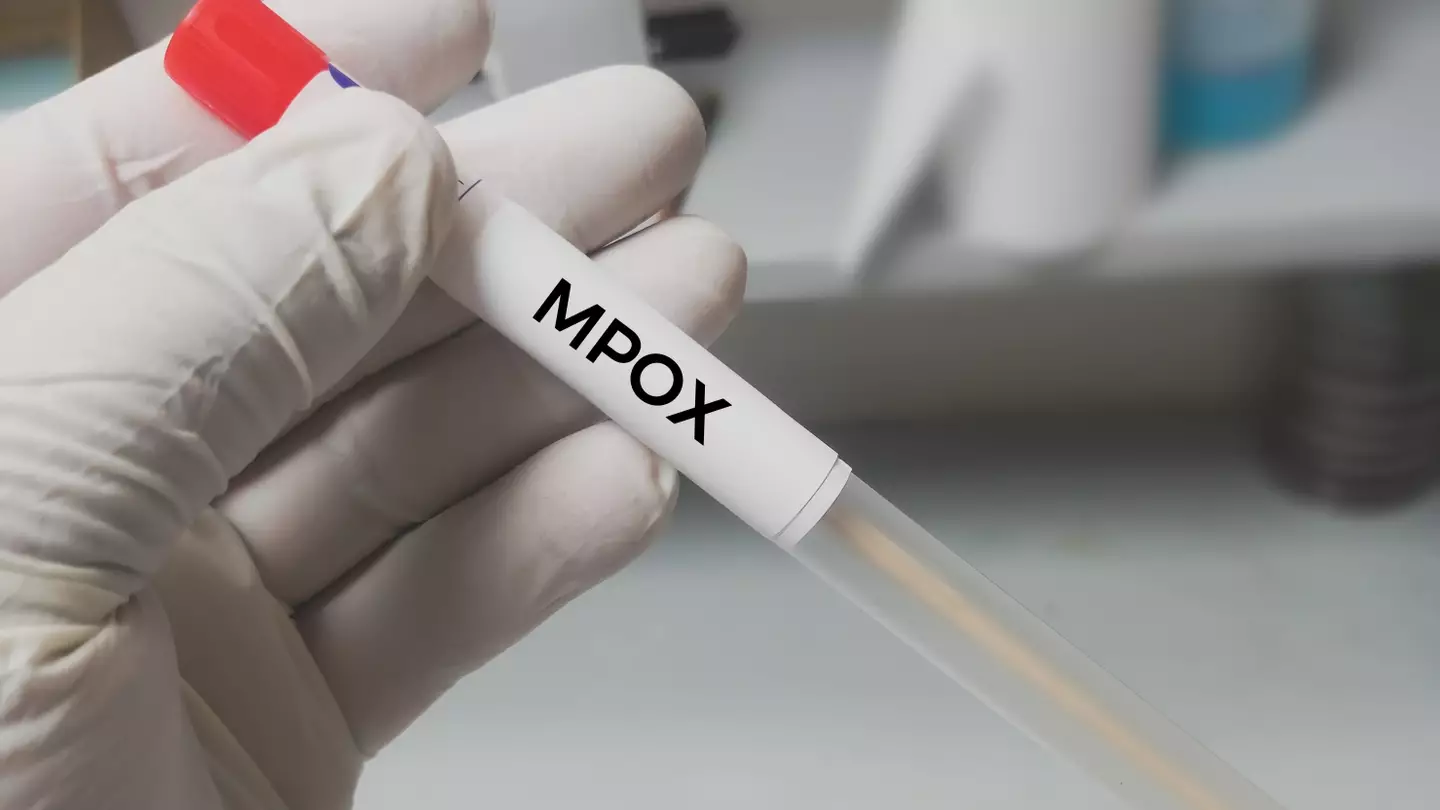
It comes as a new mpox strain has been discovered in the UK
.jpg)
Experts have given their advice for people dealing with the annoying issue
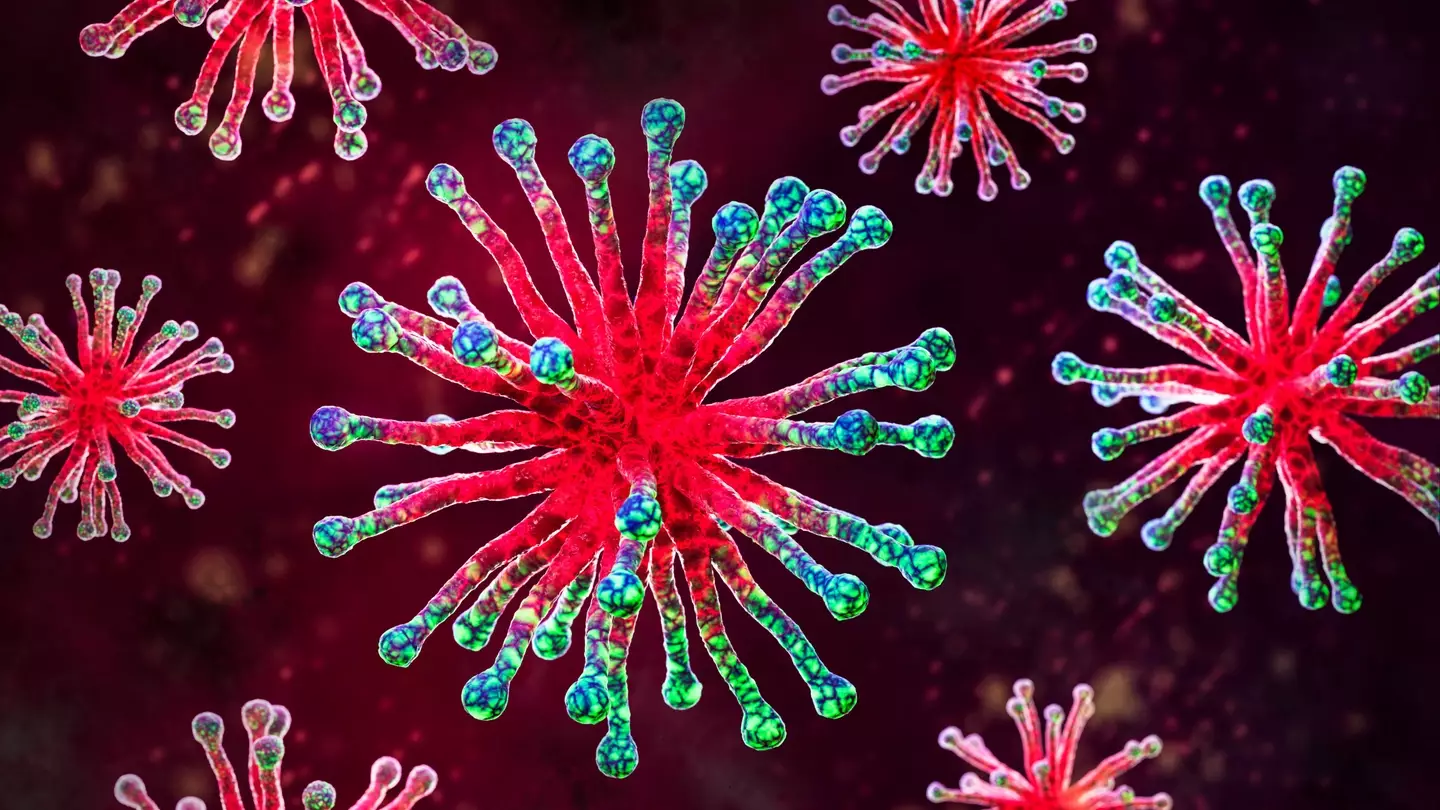
The variant's definition means that humans haven't yet accumulated an immune system strong enough to knock it out of our systems
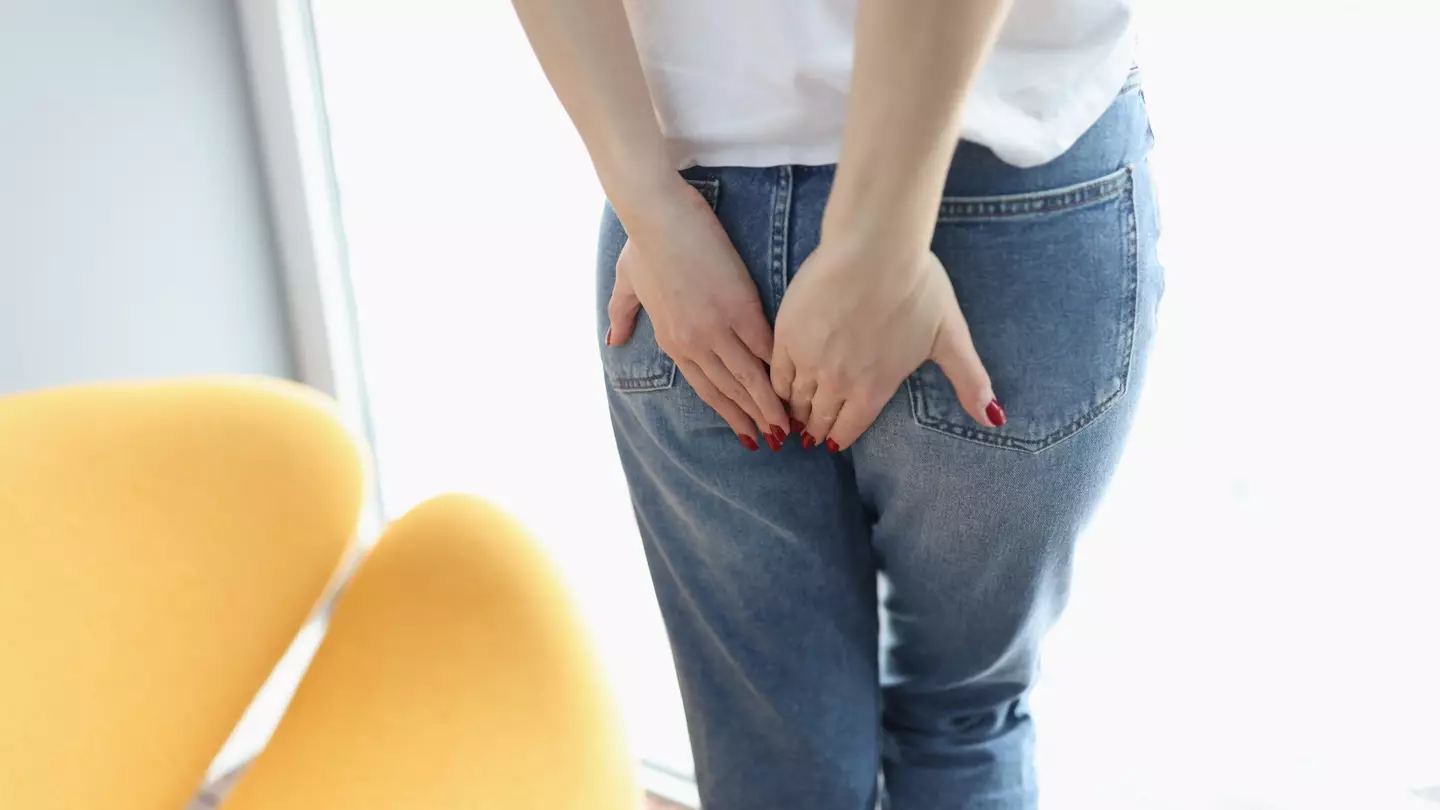
Two health experts have shared their advice on the bizarre health phenomenon
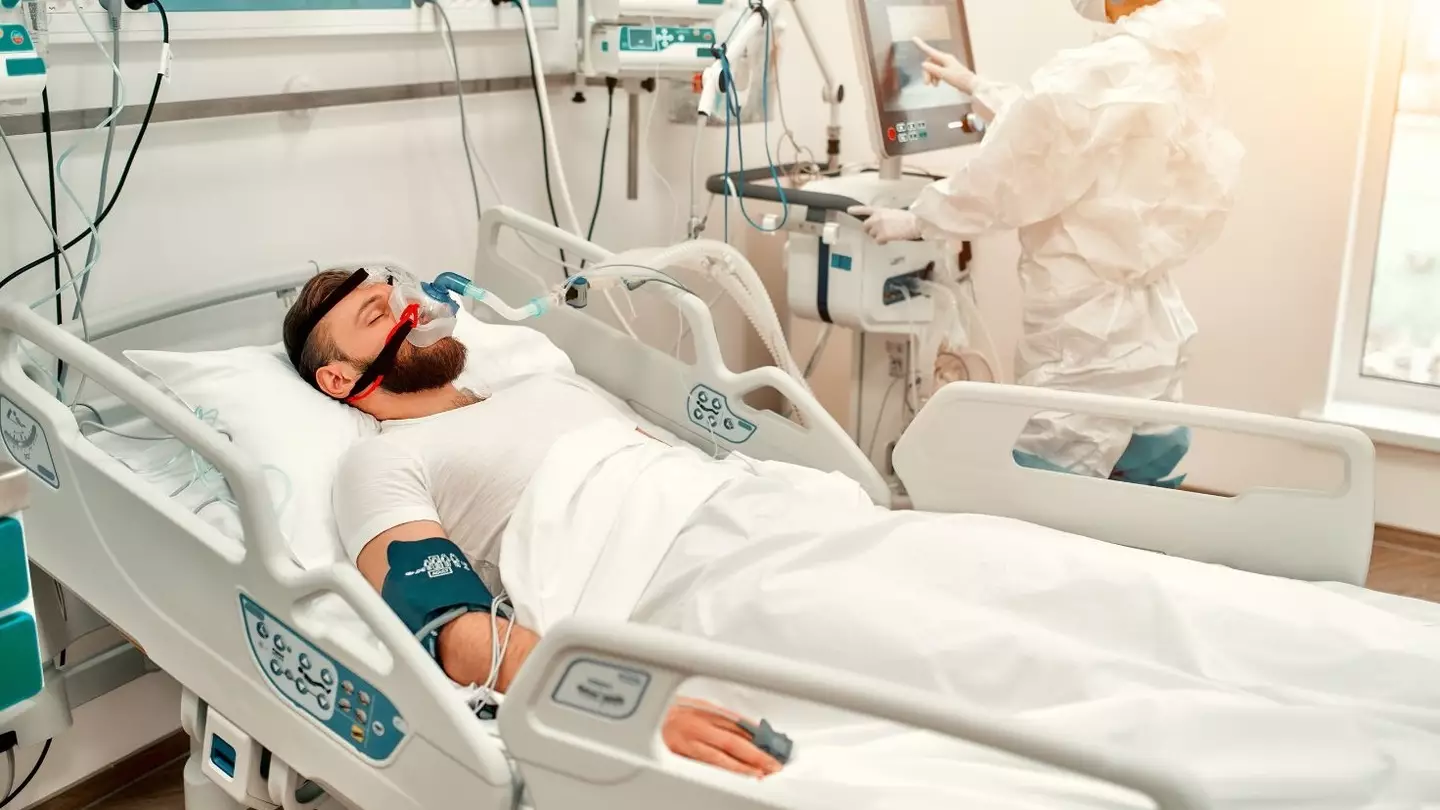
The expert developed an treatment that he claims may help when the lungs fail

Melissa Ashcroft, 30, has lifted the lid on the struggles of having size 36M breasts
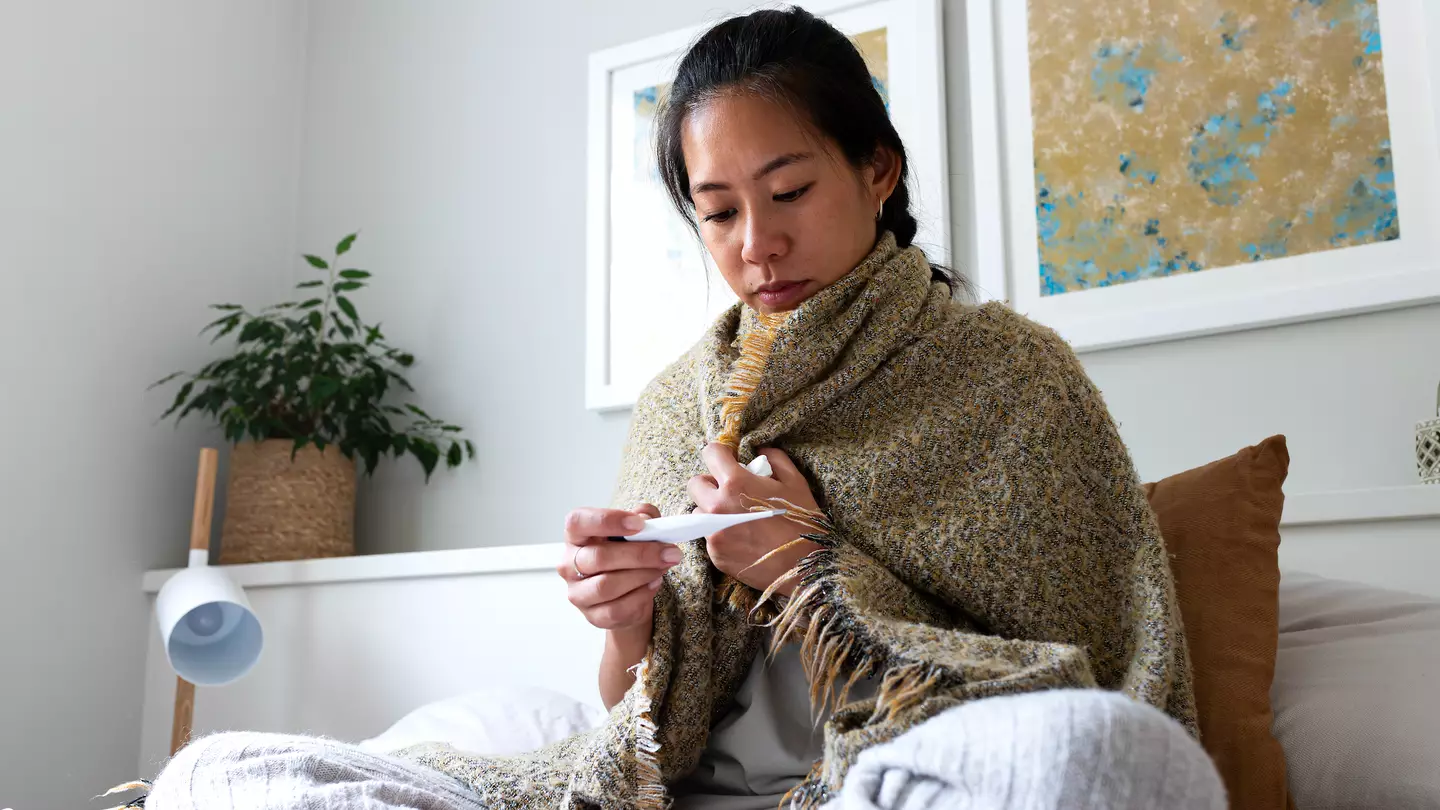
Mpox is conventionally spreads from person to person through close physical contact - especially in skin on skin scenarios
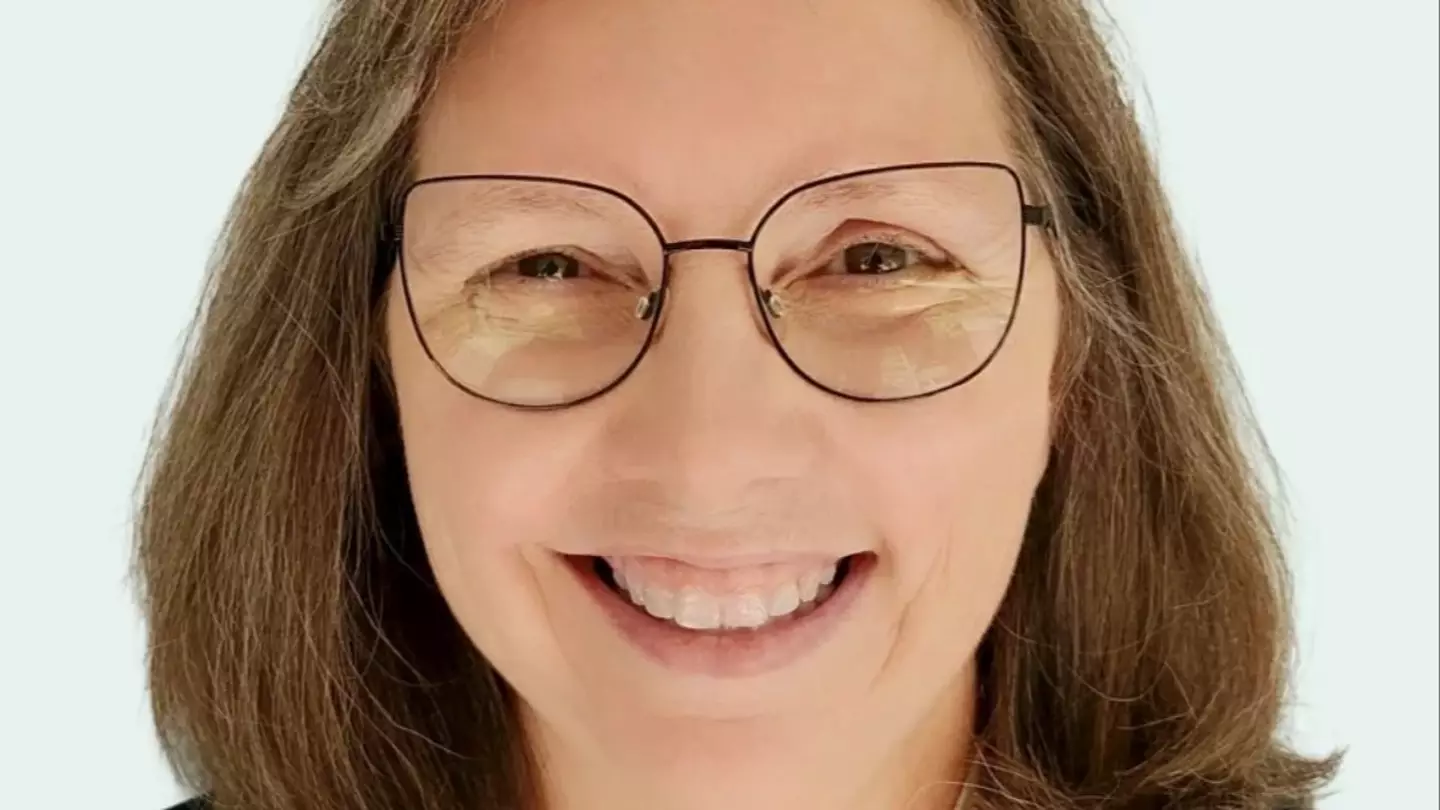
Dr Laura Steelman warns parents to be vigilant during Christmas for a number of reasons
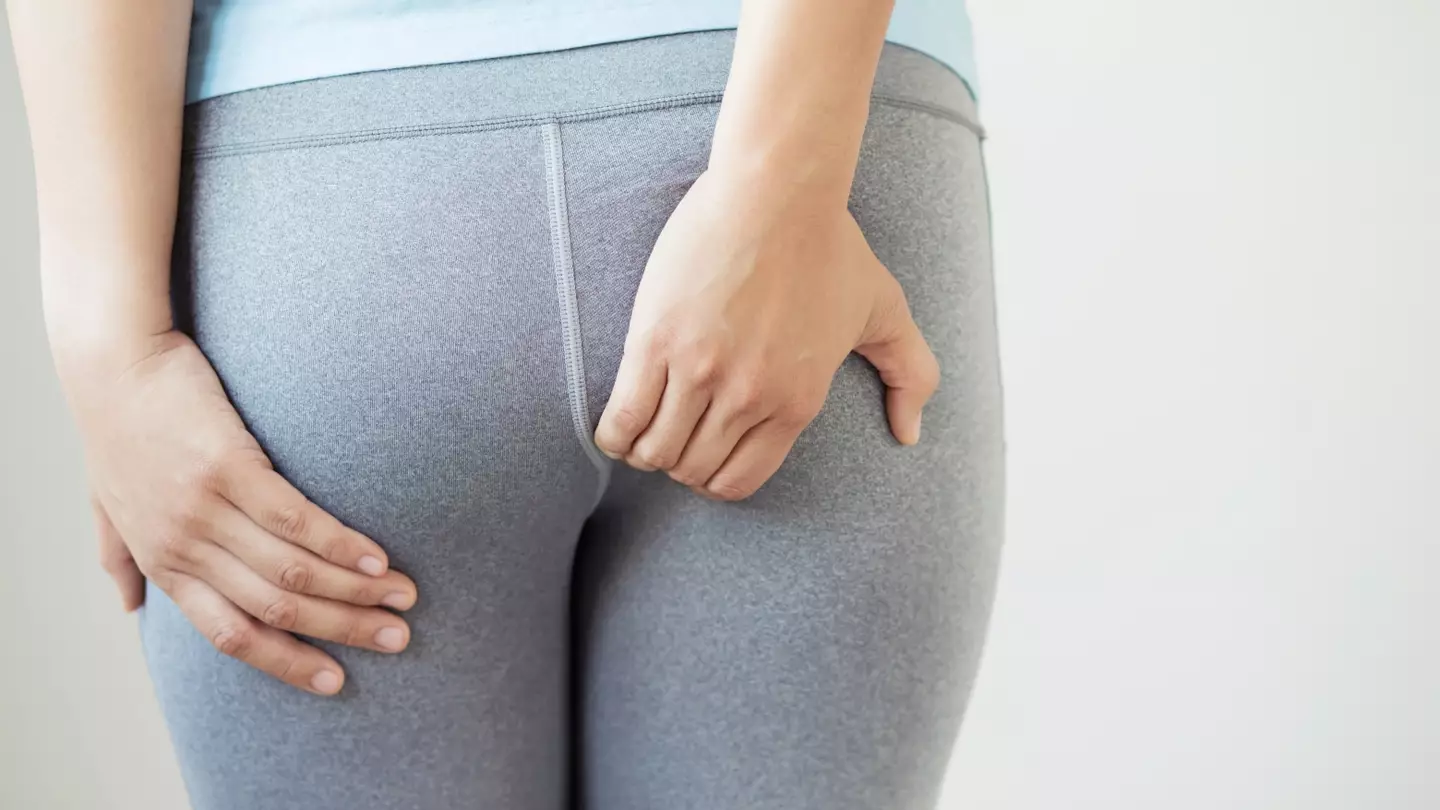
A health expert has offered an explanation for the unnerving sensation

Experts have weighed in on the hidden costs you may not think about that are associated with weight loss drugs

The World Health Organisation issued cautionary message about the 'significant' growth of this preference
